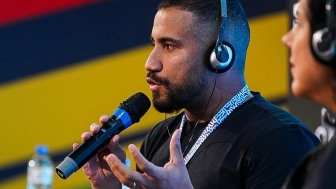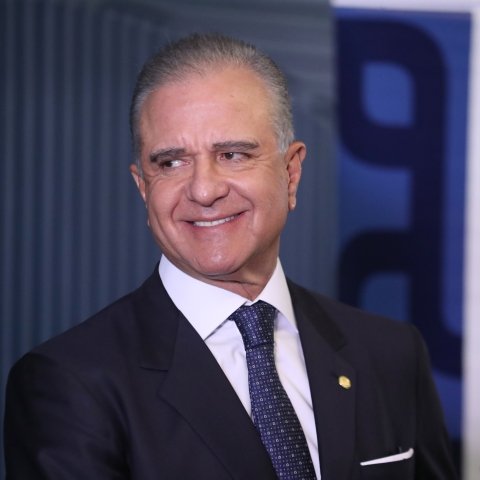Julio Lopes
Guest Speaker
Professional Affiliation
Brazilian Federal Representative
Expert Bio
Businessman with a degree in Business Administration and a postgraduate degree in School Administration and Marketing from the Faculty of Public and Economic Sciences of Rio de Janeiro.
He has served as a Federal Representative for five terms and was recognized as one of the most influential congressman in the country. In 2006, he reported on Law 11.445/2007, which established the General Sanitation Framework in Brazil. He was the creator and rapporteur of the law that established the National Civil Identification, which led to the creation of the National Identity Document (DNI). He authored Law 13.775/18, which regulated the issuance of duplicates in electronic form for commercial circulation.
In 2007, Julio Lopes took over as the Secretary of Transportation for the State of Rio de Janeiro, where he implemented historical actions such as creating the Bilhete Único, the best public transportation program in Latin America. Julio Lopes also played a role in the implementation of the Digital National Identity, launched in February 2022, which established the CPF (Natural Persons Registry Number) as a unique number.
Currently, he is the President of the Mixed Parliamentary Front for Technology and Nuclear Activities (FPN), the Parliamentary Front in Defense of the Building Information Modeling System (BIM) (FPBIM), the Parliamentary Front for the Services Sector (FPS), and the Mixed Parliamentary Front in Defense of Intellectual Property and Combating Piracy (FPI). He is also the Secretary-General of the Parliamentary Front for a Competitive Brazil (FPBC), President of the Airport Thematic Chamber of the Parliamentary Front for Logistics (FRENLOGI), Vice-President of the Petroleum Board of the Parliamentary Front for Natural Resources and Energy (FPRNE), Thematic Director of Urban Resilience to Environmental Disasters in the Mixed Parliamentary Front for Just Climate Transition, and Representative of the Southeast in the Mixed Parliamentary Front for Health (FPMS).
Julio Lopes was also the rapporteur for the Working Group on Digitalization and Bureaucratization. He is a major proponent of the topic and was responsible for advocating the establishment of the group to ensure simplification for the daily lives of Brazilians. He is the strongest advocate for the development of Brazil’s Nuclear Energy and proposed the New Brazilian Nuclear Program.
Insight & Analysis by Julio Lopes
- Video
AI and Creativity at the Rio Innovation Week

- Past event
- Artificial Intelligence
AI and Creativity: Challenges, Potential, and Opportunities

